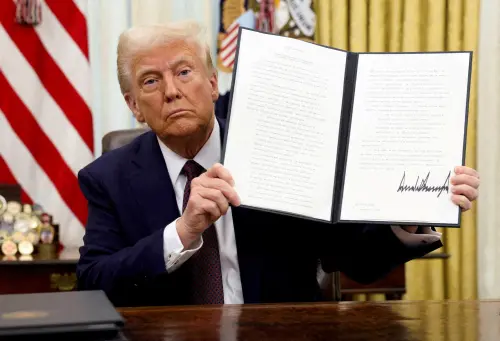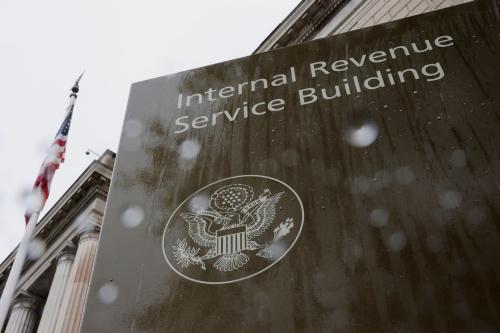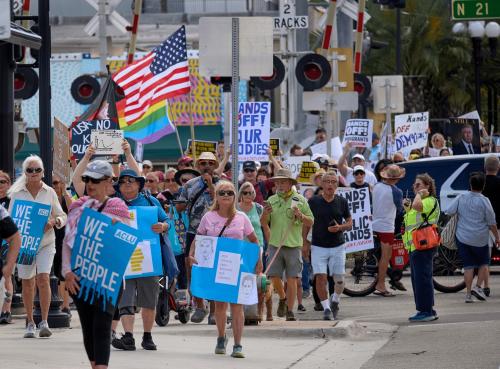

5:30 pm EDT - 7:45 pm EDT
Past Event
5:30 pm - 7:45 pm EDT
1775 Massachusetts Ave., NW
Washington, DC
20036

In case you haven’t noticed, America is in the midst of a marijuana revolution. Twenty-three states and the District of Columbia have legalized marijuana for medical or recreational purposes, and others may soon follow.
Under federal law, however, marijuana remains classified as a highly dangerous Schedule I substance under the Controlled Substances Act of 1970. Along with heroin, LSD, and ecstasy, drugs in this category are deemed to have “high potential for abuse” and “no currently accepted medical use,” two definitions that are argued about passionately by advocates on both sides of the issue.
Despite the federal government’s unwavering stance, states that have legalized marijuana for medicinal use allow cannabis and its derivatives to be used to treat cancer patients and those suffering from other serious ailments. With federal and state law at odds, however, many patients, doctors and small businesses have been caught in a policy gridlock that severely impacts their daily lives.
What are the potential pros and cons and costs and benefits of the federal government reclassifying marijuana as a less dangerous drug? And how should the federal government respond to states passing laws at odds with its own?
On Thursday, April 14, experts on both sides of the issue presented their case and engaged in a lively debate.
![]()
Join the conversation on Twitter at #BrookingsDebate and @BrookingsGov



Darrell M. West
April 17, 2025

Vanessa Williamson, Ellis Chen
April 15, 2025

Darrell M. West
April 7, 2025